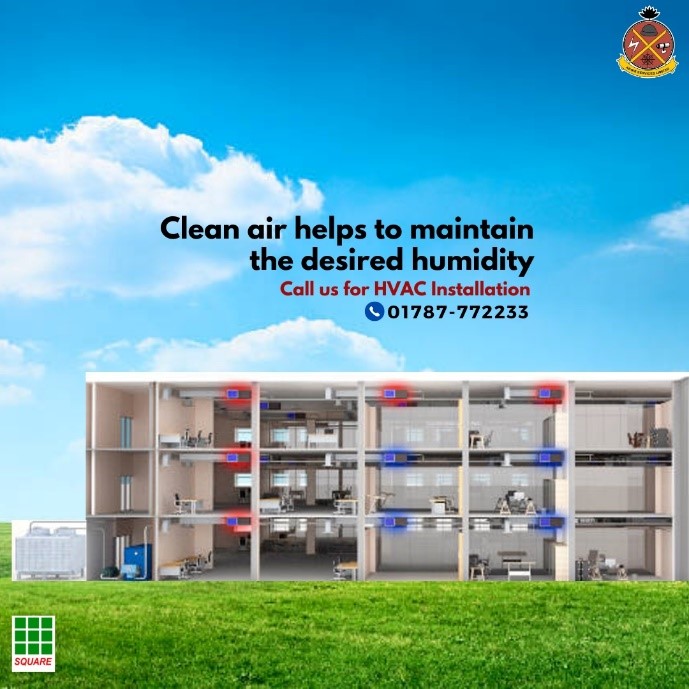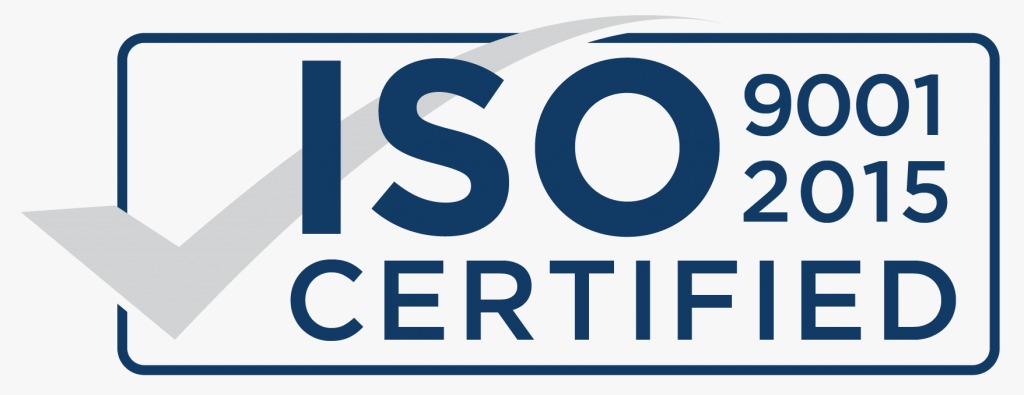The Heating, Ventilation, and Air Conditioning (HVAC) system is an integral part of any home. It helps regulate the indoor temperature, improve indoor air quality, and provide comfort to homeowners and their families.
Commercial HVAC systems already cost comparatively more than your residential system, so energy bills for your commercial building can spirally increase when problems arise and the system goes down. A solid, regular maintenance plan keeps things well running. However, even the best designs may only be updated with timely repair.
Therefore, business owners might need to pay extra costs. Here are the symptoms that your commercial HVAC system is coming up and needs some attention
Overview of the Signs of HVAC System Failure
The signs of HVAC system failure include poor airflow, unusual noises, foul odours, and high energy bills. These indicators often point to underlying issues within the HVAC system that need to be addressed promptly.
Signs of HVAC System Failure
From the diagnosis of HVAC system failure, the following are the root causes.
Air Conditioning Output Uneven
Suppose your employees are experiencing any discomfort in how your system is cooling off your space, with limited excellent air flow coming from the air conditioner. If the office workers are complaining about higher humidity levels or hot offices, you may need to call an HVAC technician and have them look. Inconsistency and uneven airflow suggest that you may have problems with the air ducts, the blower, the refrigerant, or other components within the commercial air conditioning system.
Rising Humidity Levels
Your commercial air conditioning system not only cools your retail space off but also dehumidifies it. If you notice that some places in your building are feeling sticky or not coinciding with what you’re reading on the thermostat, it’s probably time to contact your HVAC company.
Indoor air quality affects the energy efficiency of your commercial property; a regularly inspected HVAC unit is essential to save on energy costs and employee health. Humidity in the office is a telltale sign that your HVAC system needs a tune-up.
Unpleasant Smells
Chemical smells, mould, and mildew odours indicate a system needing maintenance. Sometimes, when your boilers or heating system gears up for the first few times in the fall, you will experience a slight burning smell, but if the problems persist, you should call in an HVAC maintenance expert.
On the other hand, rotting odours can mean that a small animal has crawled up inside your ductwork and expired. One thing is sure: when working in these conditions, an HVAC repair company must be called immediately.
Strange Noises
If you’re hearing loud or muffled noises from your HVAC system, your commercial HVAC system needs repair. Any buzzing, clicking, rattling, or excessive humming coming from your system suggests that it needs some attention from a technician.
Any gurgling or hissing sounds from your system usually indicate a leak; in that case, employees should not be working there, and HVAC repair personnel should be contacted immediately. Grinding noises generally indicate problems with air handlers or issues within the minor components of the motor.
Before things get serious and you need to shell out tons of money, contact a commercial HVAC technician to diagnose and fix the problem.
Short Cycling
Suppose your system comes on and shuts off reasonably quickly, over and over again. In that case, your system is under considerable stress, and an HVAC professional should be contacted immediately. Sometimes, it means that a couple of internal components need to be serviced.
But other times, it could be a broken compressor, heat pump, or other critical parts of your HVAC equipment required to operate correctly for the lifespan of your machines and system.
Be aware of these signs of lessened output and correct them before a minor problem that needs repair becomes a whole system replacement.
Energy Bills Increasing
To the person paying the bills at the commercial property, this one will get your attention faster than anything else. If things break down within the heating or cooling system, it can cause equipment to work longer and harder, thus raising energy costs.
Every season has its fluctuations in temperature based on the conditions, and that’s normal. If there are visible signs of system malfunctions, like excessive moisture on the walls or rust showing up on the pipes of the appliances, your HVAC system is not doing what it’s supposed to.
But if you see a massive spike in utility bills from month to month, it’s time to call an HVAC professional to come out and investigate. Adequately maintained commercial HVAC systems, regular AC unit service, changing air filters, etc., can make a massive difference in energy efficiency and what you’ll pay monthly.
HVAC Equipment Reaching Its Lifespan
Sooner or later, every HVAC system will come to the end of its expected lifespan. If you’re noticing your system’s components are ageing, you can see it. Suppose you’re nearing the end of the line for your system, and things aren’t working correctly, even if they’re still working satisfactorily.
In that case, it may be time to consider the feasibility of replacing the entire commercial HVAC system.
Prevention and Maintenance Tips
Regular Maintenance
Regular maintenance of the HVAC system is crucial to prevent system failure. Regular maintenance can include:
- Cleaning the air ducts and vents.
- Replacing air filters.
- Inspecting and repairing any damaged components.
Regular maintenance can improve system efficiency and indoor air quality and prevent costly repairs.
DIY Tips
Homeowners can perform some simple DIY maintenance tips to help prevent HVAC system failure. These tips include cleaning the HVAC system, changing the air filter regularly, and checking for any leaks or damage. DIY tips can help homeowners save money on repairs and improve system efficiency.
Professional Assistance
In some cases, homeowners may need to seek professional assistance to address HVAC system failure. Professional aid can include HVAC system inspections, repairs, or replacements. Seeking professional services can help homeowners address underlying system issues that may be causing system failure.
Wrapping up
Homeowners should be aware of the signs of HVAC system failure, including poor airflow, unusual noises, foul odours, and high energy bills. These signs often point to underlying system issues that need to be addressed promptly.
Proactively addressing HVAC system failure can help improve system efficiency and indoor air quality and prevent costly repairs. Regular maintenance, DIY tips, and professional assistance can help homeowners avoid and address system failure.
Homeowners should prioritize HVAC system maintenance and seek professional assistance promptly if they notice any signs of system failure. By taking a proactive approach to HVAC system maintenance, homeowners can ensure comfort, safety, and cost savings in their homes.






Leave A Comment